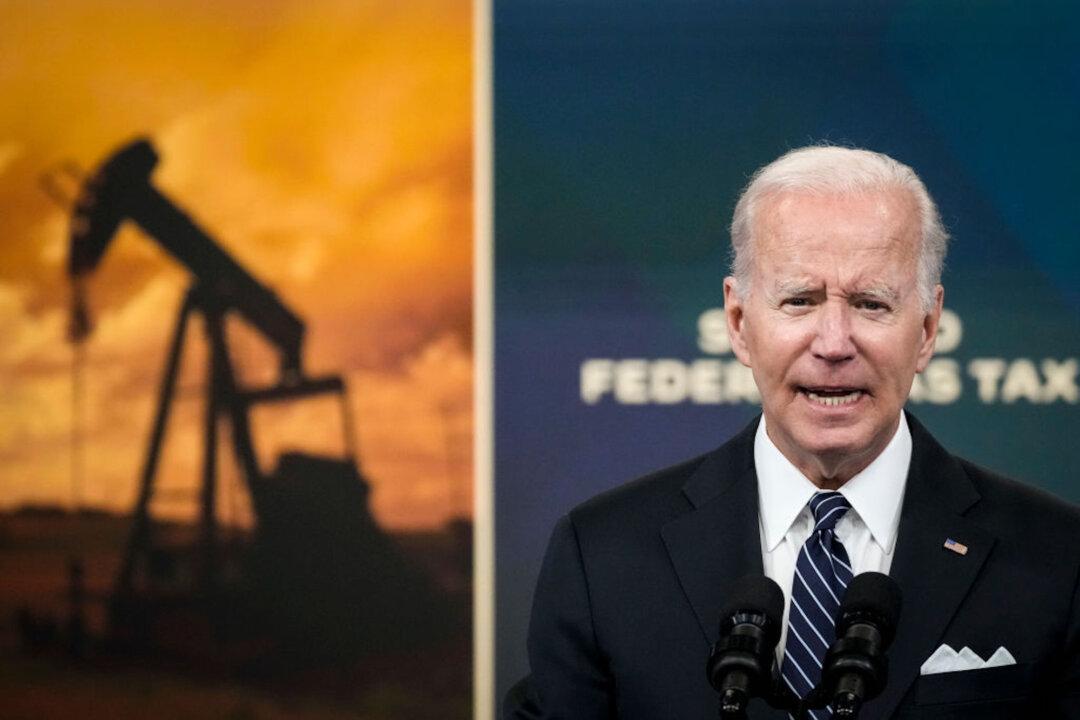A major American energy lobby has taken aim at a presidential Twitter post that called on gas stations to cut prices at the pump, with the U.S. Oil and Gas Association telling President Joe Biden that they’re “working on it” and that the author of the post should go back to school to learn basic economic fundamentals.
“Have a Happy 4th and please make sure the WH intern who posted this tweet registers for Econ 101 for the fall semester,” the energy group said in a post on Twitter on Sunday.





